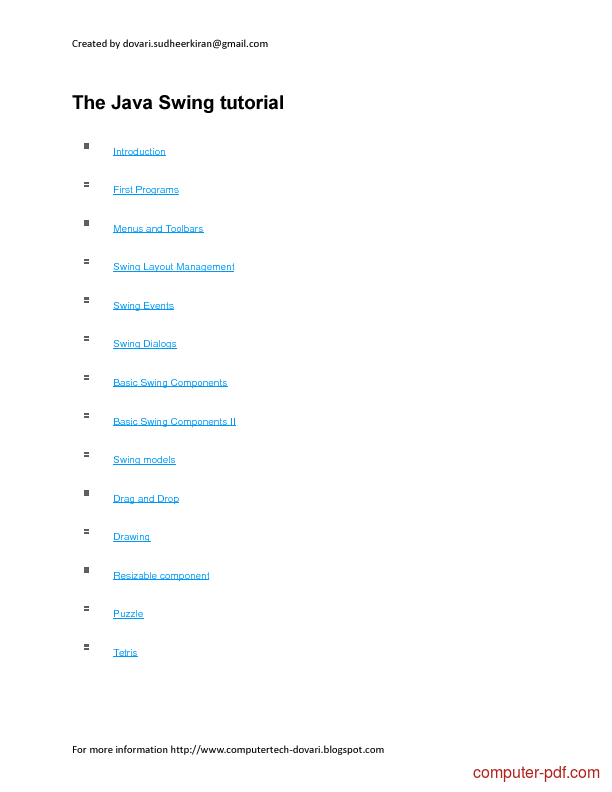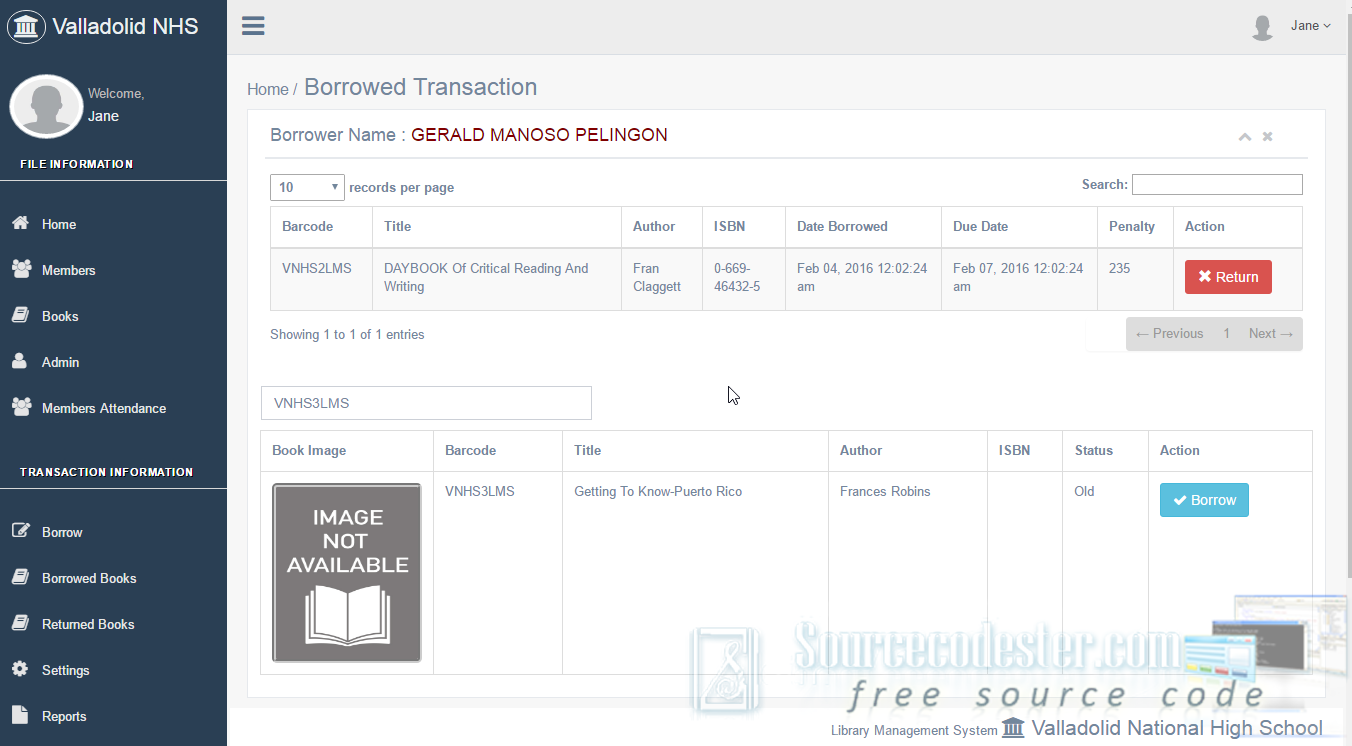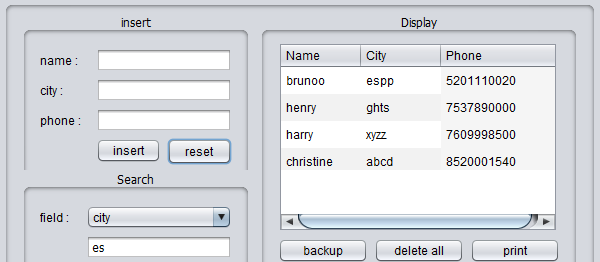
- #Java making a contact book app how to
- #Java making a contact book app manual
- #Java making a contact book app full
- #Java making a contact book app code
To Run the roster Example Using NetBeans IDEīean Validation Constraints in address-book

Obtaining a CriteriaBuilder Instance in RequestBeanĬreating Criteria Queries in RequestBean's Business MethodsĪutomatic Table Generation in the roster Application Metamodel Classes in the roster Application To Run the order Example Using NetBeans IDEĮntity Inheritance in the roster ApplicationĬriteria Queries in the roster Application Managing the order Application's Entities One-to-Many Relationship Mapped to Overlapping Primary and Foreign KeysĮntity Mapped to More Than One Database TableĬascade Operations in the order ApplicationīLOB and CLOB Database Types in the order Application Introduction to the Java Persistence APIĮntity Relationships in the order Application Running the Advanced Contexts and Dependency Injection Examplesģ2. Contexts and Dependency Injection for the Java EE Platform: Advanced Topicsģ1. Running the Basic Contexts and Dependency Injection Examplesģ0. Introduction to Contexts and Dependency Injection for the Java EE PlatformĢ9. Part V Contexts and Dependency Injection for the Java EE PlatformĢ8. Using Asynchronous Method Invocation in Session Beans Using the Embedded Enterprise Bean ContainerĢ7.

Building RESTful Web Services with JAX-RSĢ3. Internationalizing and Localizing Web ApplicationsĢ0. Uploading Files with Java Servlet Technologyġ7. Configuring JavaServer Faces Applicationsġ6. Creating Custom UI Components and Other Custom Objectsġ4. Composite Components: Advanced Topics and Exampleġ3. Using Ajax with JavaServer Faces Technologyġ2. JavaServer Faces Technology: Advanced Conceptsġ1. Developing with JavaServer Faces Technologyġ0. Using Converters, Listeners, and Validatorsĩ. Using JavaServer Faces Technology in Web PagesĨ.
#Java making a contact book app code
We will keep the code simple: package Īnd finally, in the hello.modules root directory, add in our module descriptor module-info.java: module hello.The address-book Application - The Java EE 6 Tutorialħ. Next, create a new class called HelloModules.java in this package.

In our case, we are going to create one package structure: Under our new module, we can create the packages we want. We can even use the name of our main package as the module name if we want, but usually, we want to stick to the same name we would use to create a JAR of this module. We can name this anything we want but follow package naming rules (i.e., periods to separate words, etc.). Under the simple-modules directory, create a new directory called hello.modules. Now that we have the basic structure in place, let's add our first module.

#Java making a contact book app full
We'll be using the command line for our full example down below to help solidify how the entire system works in our minds.
#Java making a contact book app how to
However, it's still valuable to know how to use the module system from the command line.
#Java making a contact book app manual
By now, support for Java 9 modules has been added to Maven and Gradle, so you won't need to do a lot of manual building of your projects.


 0 kommentar(er)
0 kommentar(er)
